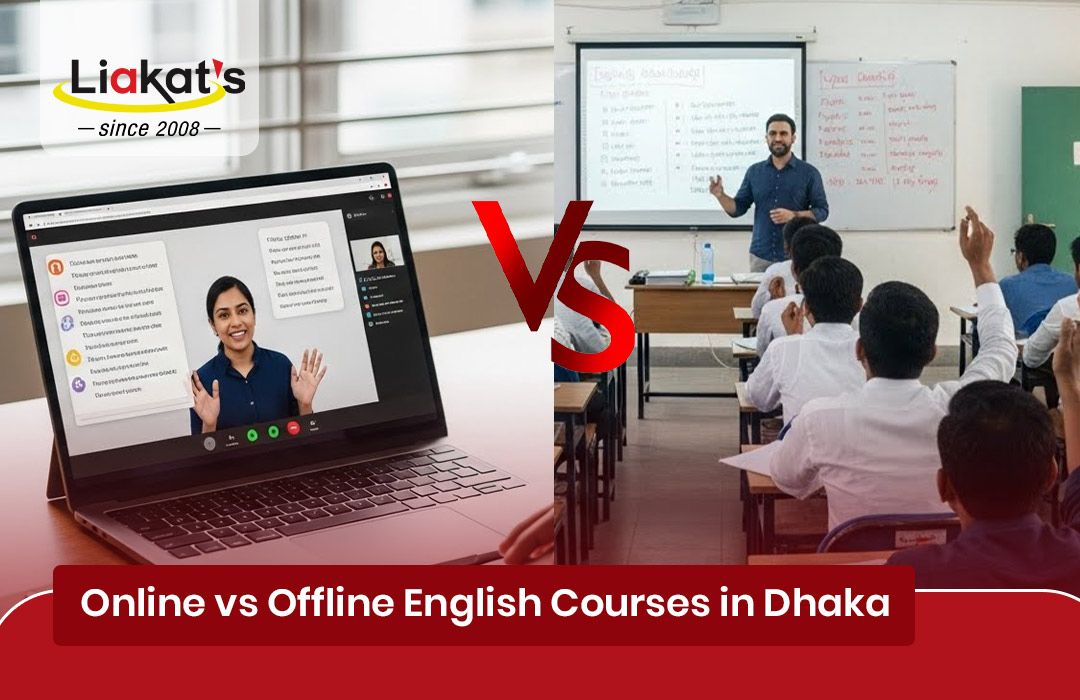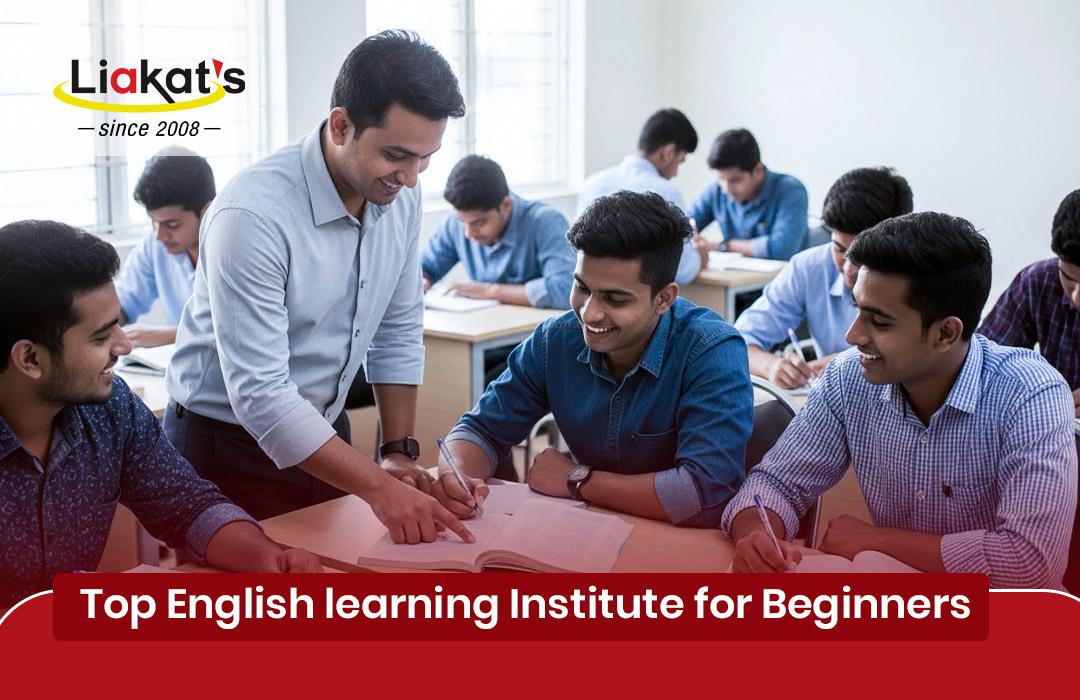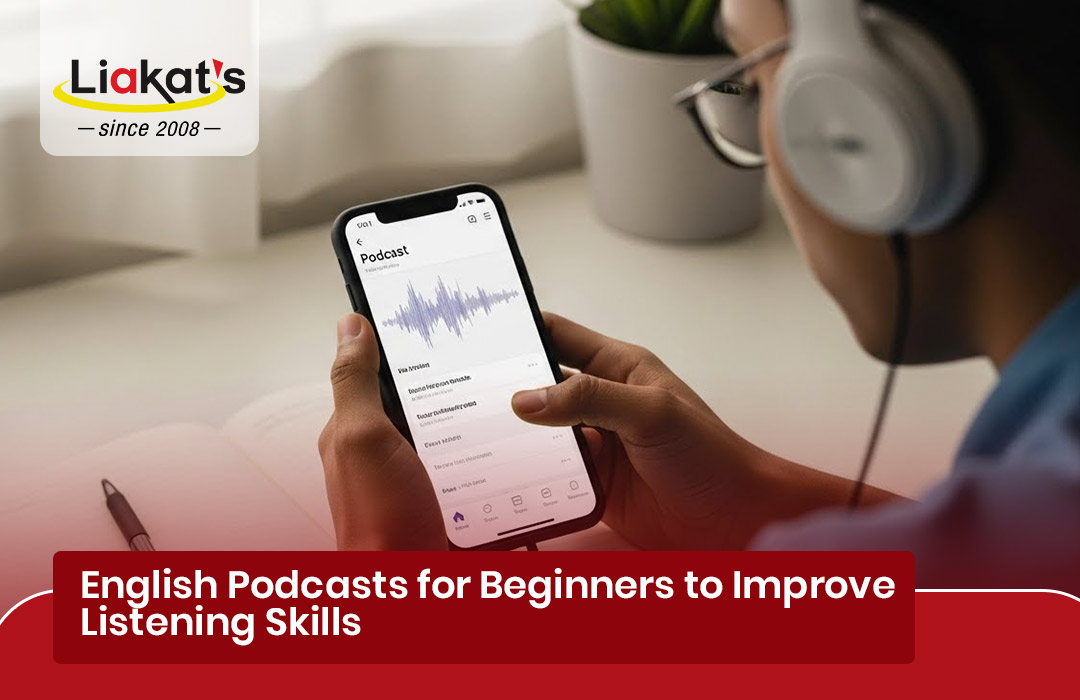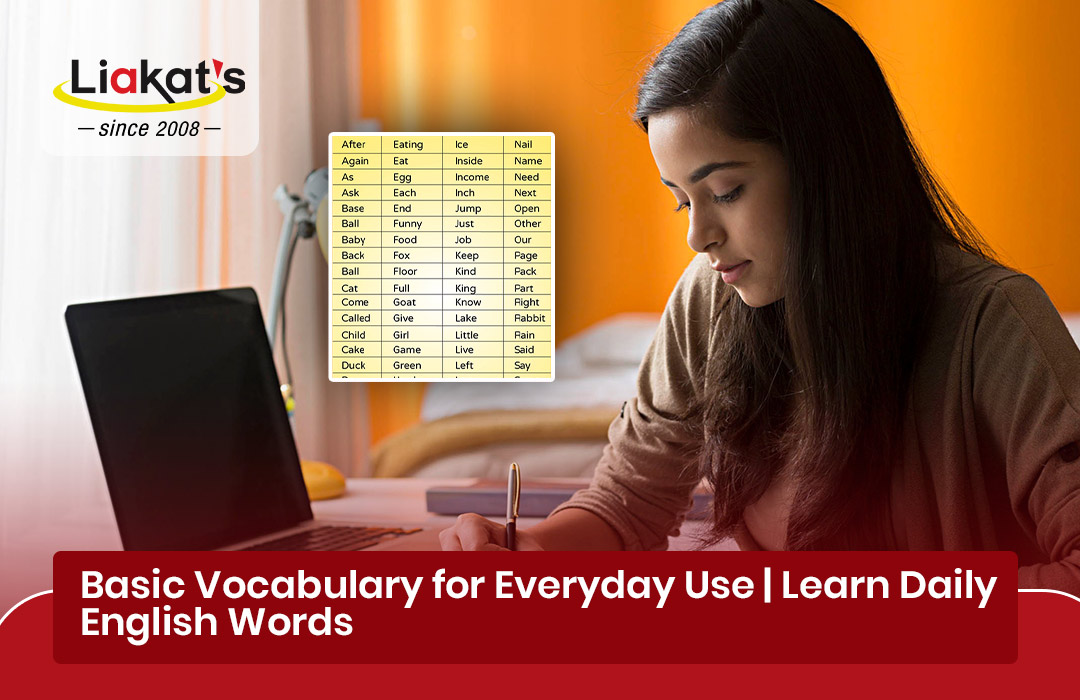Preparing for the IELTS reading section can be challenging, especially when you’re unfamiliar with the different types of questions you may encounter. At LIAKATS, the best IELTS Coaching Center in Dhaka, we guide students in mastering the IELTS reading questions to help them achieve their desired scores. Whether you’re aiming for higher education abroad or securing a job in an English-speaking country, understanding the types of IELTS reading questions can significantly boost your performance.
In this post, we’ll explore the most common types of IELTS reading questions and provide strategies to tackle them effectively. Our focus is on helping you develop your reading skills, so you’ll be well-prepared when exam day arrives.
Understanding the IELTS Reading Test
The reading portion of the IELTS exam is comprised of three lengthy texts and a total of forty questions. These passages are usually academic in nature, designed to assess your ability to comprehend and interpret complex texts. The passages are sourced from books, journals, magazines, and newspapers, making it essential to practice reading various types of materials.
In the IELTS reading test, you will encounter various question types. Each question type requires a different approach, so it’s essential to become familiar with all of them. At LIAKATS, our specialized courses in Dhaka are designed to help you grasp these questions and apply effective strategies to answer them confidently.
Common Types of IELTS Reading Questions
Here are the most common types of IELTS reading questions that you’ll likely face in the test:
1. Multiple Choice Questions (MCQs)
Multiple Choice Questions (MCQs) are one of the most frequent question types in the IELTS reading section. In these questions, you are asked to choose one correct answer from four options.On sometimes, it might be necessary for you to choose more than one right answer. Your capacity to understand the text’s intricate details is put to the test by these questions.
Tips to Answer:
- Get a feel for the main points by skimming the text.
- Pay close attention to keywords in both the question and the text.
- Eliminate incorrect answers by checking the exact wording in the passage.
At LIAKATS, we emphasize time management strategies, helping students to efficiently tackle MCQs by identifying keywords quickly and avoiding distractors.
2. True/False/Not Given (T/F/NG)
True/False/Not Given questions ask you to determine whether the information in the text matches the statement (True), contradicts the statement (False), or if the information is not provided at all (Not Given). This question type assesses your ability to locate and interpret information in the passage.
Tips to Answer:
- Find the precise meaning by examining the text.
- Be cautious with words like “always,” “never,” and “only,” as these often indicate whether the statement is True or False.
- For Not Given, ensure that there is no information related to the statement before choosing this option.
Our IELTS coaching at LIAKATS trains you to identify subtle differences in meaning, ensuring you have the confidence to answer T/F/NG questions accurately.
3. Matching Headings
In Matching Headings questions, you are given a list of headings and are required to match them to the correct paragraphs in the text. Your capacity to discern the primary concept of each paragraph is assessed by these inquiries.
Tips to Answer:
- Read the headings and paragraphs thoroughly.
- Seek out essential phrases or topic sentences that provide a concise summary of the paragraph.
- Avoid matching based solely on similar words—focus on the overall meaning.
By practicing with various texts, LIAKATS students in Dhaka are able to match headings effectively, learning to distinguish between similar but different ideas.
4. Sentence Completion
In Sentence Completion questions, you need to fill in the blanks with words from the text. This question type evaluates your understanding of the text’s details and your ability to find specific information.
Tips to Answer:
- Predict the absence of a specific word type (e.g., noun, verb, adjective) by reading the sentence.
- Use skimming and scanning techniques to find the relevant information in the passage.
- Make sure your answer fits grammatically into the sentence.
At LIAKATS, we focus on enhancing your vocabulary and understanding of grammar to help you succeed in Sentence Completion questions.
5. Matching Information
In Matching Information questions, you need to match statements to the corresponding part of the passage. This type of question tests your ability to locate specific information.
Tips to Answer:
- Read the questions first to understand what information you’re looking for.
- Skim through the passage to find the relevant sections.
- Pay close attention to synonyms and paraphrasing.
Our detailed reading exercises at LIAKATS train students to scan passages quickly, making it easier to locate and match the correct information.
6. Short Answer Questions
Short Answer Questions require you to answer in a few words, typically using words from the passage. This question type assesses your ability to retrieve specific information.
Tips to Answer:
- It is important to thoroughly review the question and highlight any significant terms.
- Find the section of the passage that discusses the relevant topic.
- Ensure that your answer is concise and grammatically correct.
LIAKATS provides practice tests and mock exams, allowing students to perfect their short answer technique before the real IELTS test.
7. Summary Completion
In Summary Completion questions, you must complete a summary of a section of the text using words from either a word bank or the passage itself. These questions test your ability to identify key ideas and paraphrase effectively.
Tips to Answer:
- Read the summary first to understand the overall meaning.
- Go back to the passage and find sections that contain the information needed to complete the summary.
- Be mindful of synonyms and paraphrased content in the passage.
At LIAKATS, we emphasize the importance of paraphrasing, helping students practice this crucial skill through targeted exercises.
How LIAKATS Prepares You for IELTS Reading Success
At LIAKATS, we understand that every student is unique, and our personalized approach helps each student master the IELTS reading questions effectively. Our expert instructors guide students through targeted practice, teaching them to approach each question type with confidence.
We offer a range of IELTS courses in Dhaka, including full-length mock tests that simulate the real exam environment. These tests help students manage their time better, practice the different question types, and learn strategies to improve accuracy.
If you’re preparing for the IELTS, it’s essential to understand the format and requirements of each section. Our comprehensive guide on the IELTS Speaking Test Online in Bangladesh provides valuable insights and tips to help you excel.
Conclusion
Preparing for the IELTS reading section can be daunting, but with the right strategies and consistent practice, you can excel. By familiarizing yourself with the common types of IELTS reading questions, such as MCQs, True/False/Not Given, Matching Headings, and others, you’ll be better equipped to achieve a high score.
At LIAKATS, the best IELTS Coaching Center in Dhaka, we are committed to helping you succeed. Our expert instructors and comprehensive practice materials ensure that you are thoroughly prepared for every aspect of the IELTS reading test. Whether you’re struggling with sentence completion or matching headings, we have the resources and guidance you need to boost your performance.
So, if you’re preparing for the IELTS reading section in Dhaka, LIAKATS is here to support you. Join our IELTS courses today and take the first step towards achieving your dream score.





